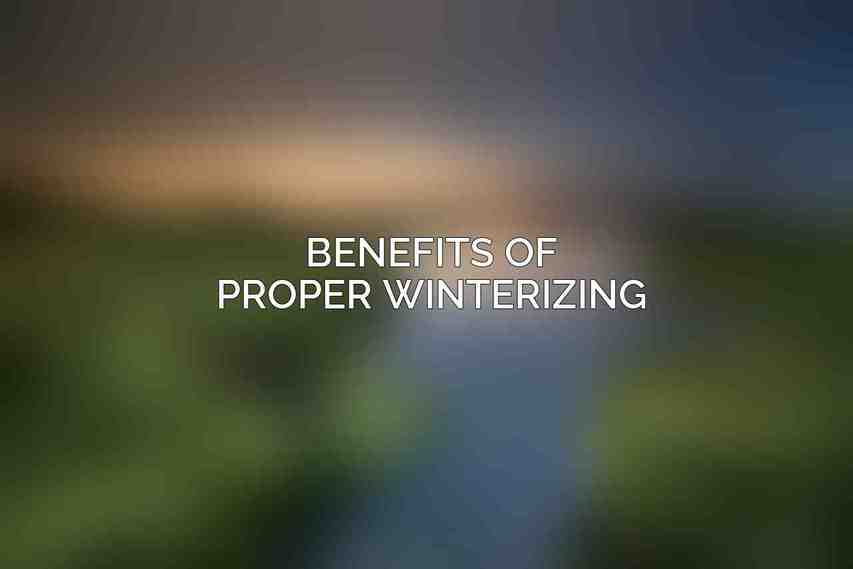proper maintenance is key to keeping your investment in top condition. When winter approaches, it’s crucial to prepare your RV for the cold weather ahead. Winterizing your RV is more than just a task; it’s a preventive measure that can save you from costly repairs and ensure your RV’s longevity.
| Product | Description | Link | |||||||||||||||||||||||||||||||||||||||||||||||||||||||||||||||||||||||||||||||||||||||||||||||||
|---|---|---|---|---|---|---|---|---|---|---|---|---|---|---|---|---|---|---|---|---|---|---|---|---|---|---|---|---|---|---|---|---|---|---|---|---|---|---|---|---|---|---|---|---|---|---|---|---|---|---|---|---|---|---|---|---|---|---|---|---|---|---|---|---|---|---|---|---|---|---|---|---|---|---|---|---|---|---|---|---|---|---|---|---|---|---|---|---|---|---|---|---|---|---|---|---|---|---|---|
| RV Antifreeze | Protects your RV’s plumbing from freezing | RVT.com RV Antifreeze | |||||||||||||||||||||||||||||||||||||||||||||||||||||||||||||||||||||||||||||||||||||||||||||||||
| Water Heater Bypass Kit | Allows you to bypass the water heater for winterizing | RVT.com Water Heater Bypass Kit | |||||||||||||||||||||||||||||||||||||||||||||||||||||||||||||||||||||||||||||||||||||||||||||||||
| Air Compressor | Used to blow out water lines | RVT.com Air Compressor | |||||||||||||||||||||||||||||||||||||||||||||||||||||||||||||||||||||||||||||||||||||||||||||||||
| RV Winterizing Kit | Complete kit with all the essential items for winterizing your RV | RVT.com RV Winterizing Kit | |||||||||||||||||||||||||||||||||||||||||||||||||||||||||||||||||||||||||||||||||||||||||||||||||
| Visit RVT.com | |||||||||||||||||||||||||||||||||||||||||||||||||||||||||||||||||||||||||||||||||||||||||||||||||||
Importance of Winterizing Your RV
Winterizing your RV involves protecting it from the harsh conditions of winter, including freezing temperatures that can cause damage to water lines, tanks, and appliances. By winterizing your RV, you’re safeguarding it against potential issues such as cracked pipes, water heater damage, and costly repairs.
Benefits of Proper Winterizing

Proper winterization not only helps prevent damage but also extends the lifespan of your RV’s components. It ensures that your RV will be ready to hit the road again when the warmer weather returns, without the need for extensive repairs or replacements.
Before You Begin

Before diving into the winterizing process, you need to gather the necessary materials to effectively protect your RV during the cold months.
Gather Necessary Materials:
- RV Antifreeze: To prevent freezing and corrosion in your water system.
- Air Compressor: For blowing out water from lines and tanks.
- Water Heater By-Pass Kit: To avoid filling your water heater with antifreeze.
- RV Water Filter: To maintain the quality of water in your RV.
- Drain Plugs: For draining water from tanks and lines.
Step-by-Step Winterizing Guide

Follow this comprehensive guide to properly winterize your RV and protect it from the winter elements.
Water System Winterizing
- Drain Freshwater Tank: Ensure all water is emptied from the tank.
- Bypass Water Heater: Prevent antifreeze from entering the water heater.
- Pump Non-Toxic RV Antifreeze Through Lines: Protect pipes from freezing.
- Flush Toilets and Sinks: Ensure antifreeze reaches all areas of the system.
Drain Remaining Water
- Open Faucets, Outside Shower, and Low-Point Drains: Remove any remaining water.
- Use Air Compressor to Blow Out Water from Lines: Completely clear water lines of any residual moisture.
Appliances and Water Heater
- Drain Water Heater and Install Anode Rod: Protect the water heater from corrosion.
- Winterize Refrigerator: Prevent damage to the refrigerator during freezing temperatures.
- Empty Holding Tanks: Ensure black, gray, and freshwater tanks are fully drained.
Exterior Winterizing
- Clean Exterior Carefully: Remove debris and dirt to prevent damage.
- Inspect and Repair Roof and Seals: Ensure no leaks are present.
- Cover RV with RV Cover: Protect the exterior from the elements.
Battery and Electrical System
- Disconnect Batteries: Prevent draining and damage during storage.
- Apply Battery Terminal Protector: Protect terminals from corrosion.
- Run Generator Occasionally: Maintain battery charge throughout the winter months.
Using Products from Rcom
Utilizing quality products from RV.com can enhance the winterizing process and ensure your RV is well-protected.
RV Antifreeze
- Non-Toxic and Biodegradable: Safe for your RV’s plumbing system.
- Prevents Freezing and Corrosion: Protects pipes and tanks during winter.
Water Heater Anode Rod
- Protects Water Heater from Corrosion: Extends the lifespan of your water heater.
- Extended Lifespan: Ensures your water heater functions effectively for longer.
RV Water Filter
- Removes Impurities from Water: Ensures clean water for use.
- Protects Plumbing System: Prevents sediment buildup in pipes.
Battery Terminal Protector
- Prevents Corrosion and Oxidation: Maintains battery health.
- Extends Battery Life: Ensures batteries perform optimally over time.
Additional Tips
In addition to the winterizing process, here are some extra tips to keep in mind for maintaining your RV during the winter months:
Additional Tips:
- Check for Leaks Regularly: Inspect your RV for any signs of leaks that may develop during storage.
- Monitor Temperatures During Storage: Ensure temperatures inside storage areas remain above freezing.
- Inspect RV Regularly During Storage: Keep an eye on your RV to address any issues promptly.
- De-Winterize RV Properly in Spring: Follow a thorough de-winterization process before hitting the road again.
Winterizing your RV is a crucial step in protecting your investment and ensuring many more adventures to come. Whether you choose to tackle the winterizing process yourself or opt for professional services, following a thorough winterizing checklist will help you avoid costly repairs and keep your RV in top condition. Remember, proper maintenance now can save you from headaches later on.
Frequently Asked Questions
What is RV winterizing?
RV winterizing is the process of preparing your recreational vehicle for winter storage by protecting it from cold weather damage.
Why is it important to winterize an RV?
Winterizing an RV is important to prevent frozen pipes, water damage, and other costly repairs that can result from cold weather conditions.
When should I winterize my RV?
It is recommended to winterize your RV before temperatures drop below freezing, typically before the first frost of the season.
What are some essential maintenance tips for winterizing an RV?
Some essential maintenance tips for winterizing an RV include draining all water tanks, pipes, and water heater, adding antifreeze to the plumbing system, and insulating exposed pipes and vents.
Can I winterize my RV myself, or should I hire a professional?
While some RV owners may choose to winterize their RV themselves, hiring a professional to perform the winterization process can ensure that it is done correctly and thoroughly, reducing the risk of winter-related damage.

